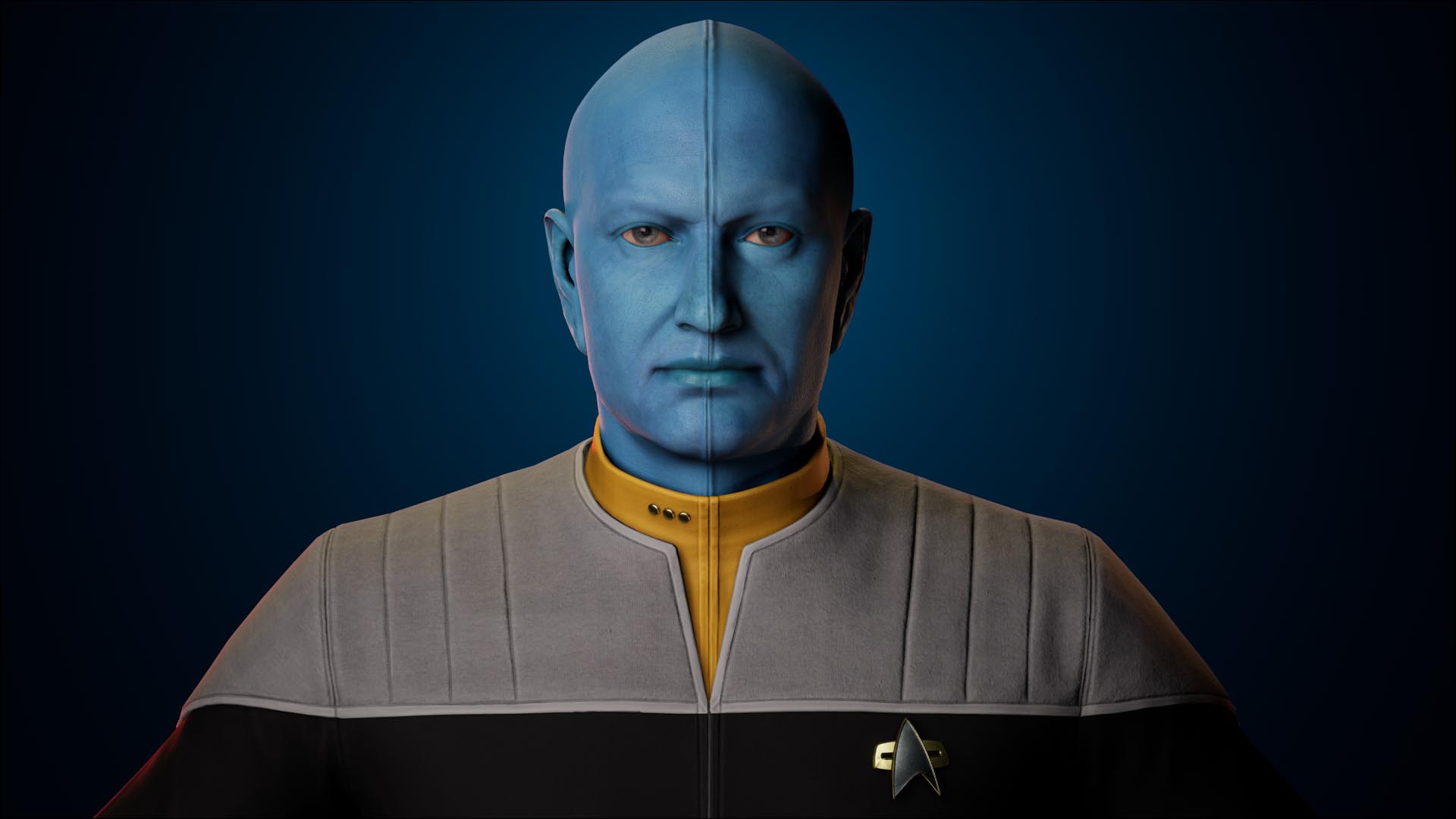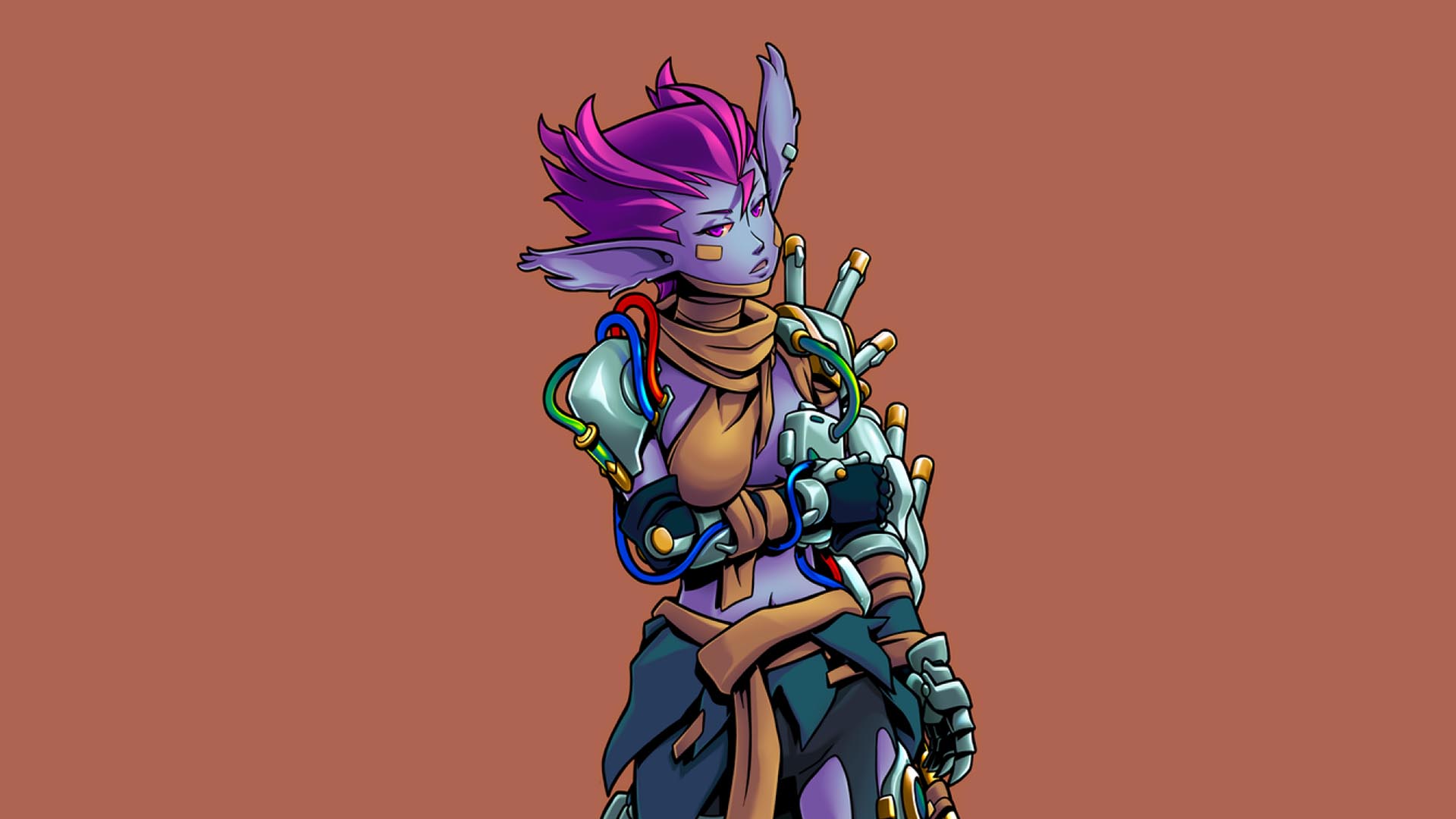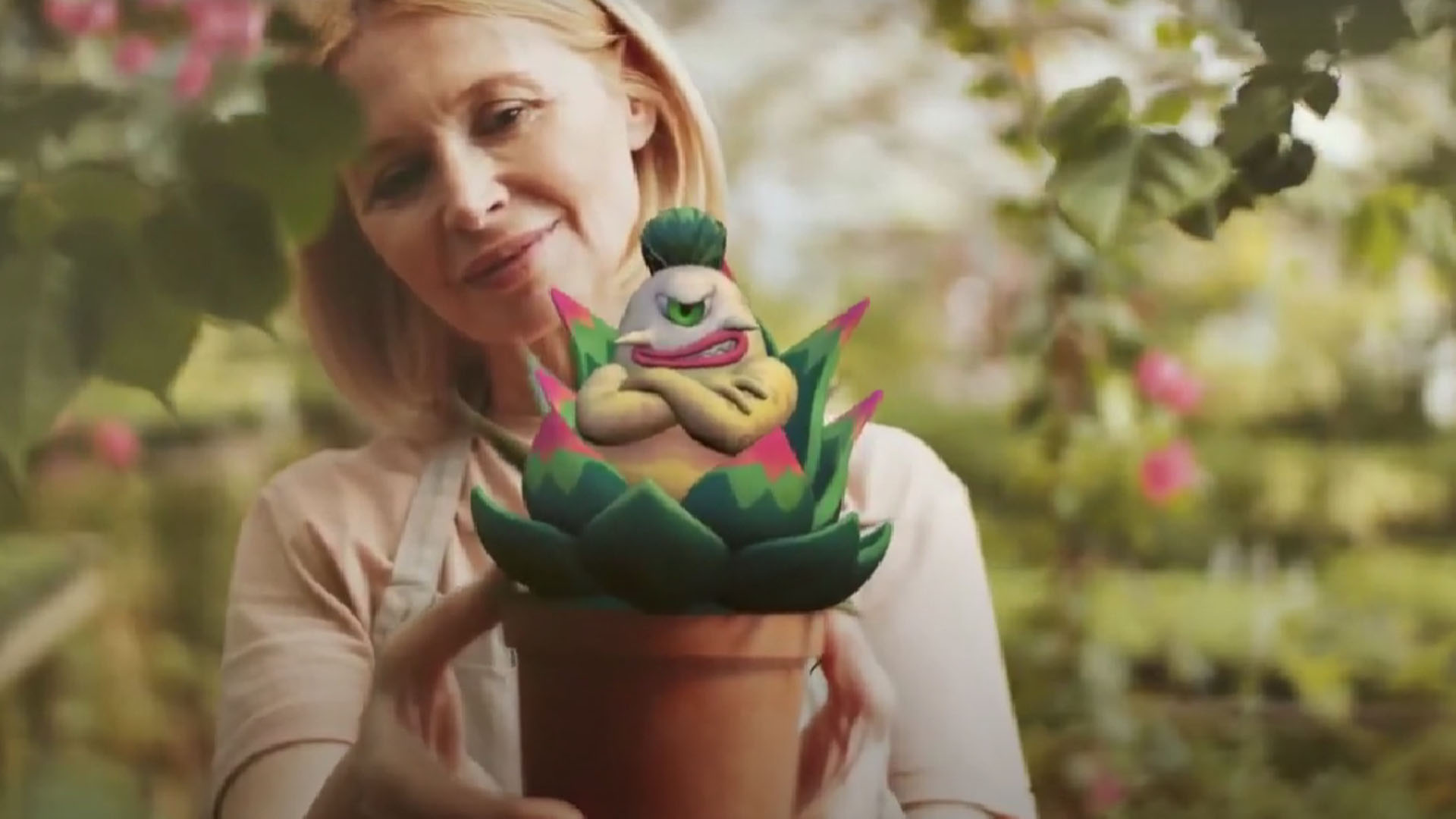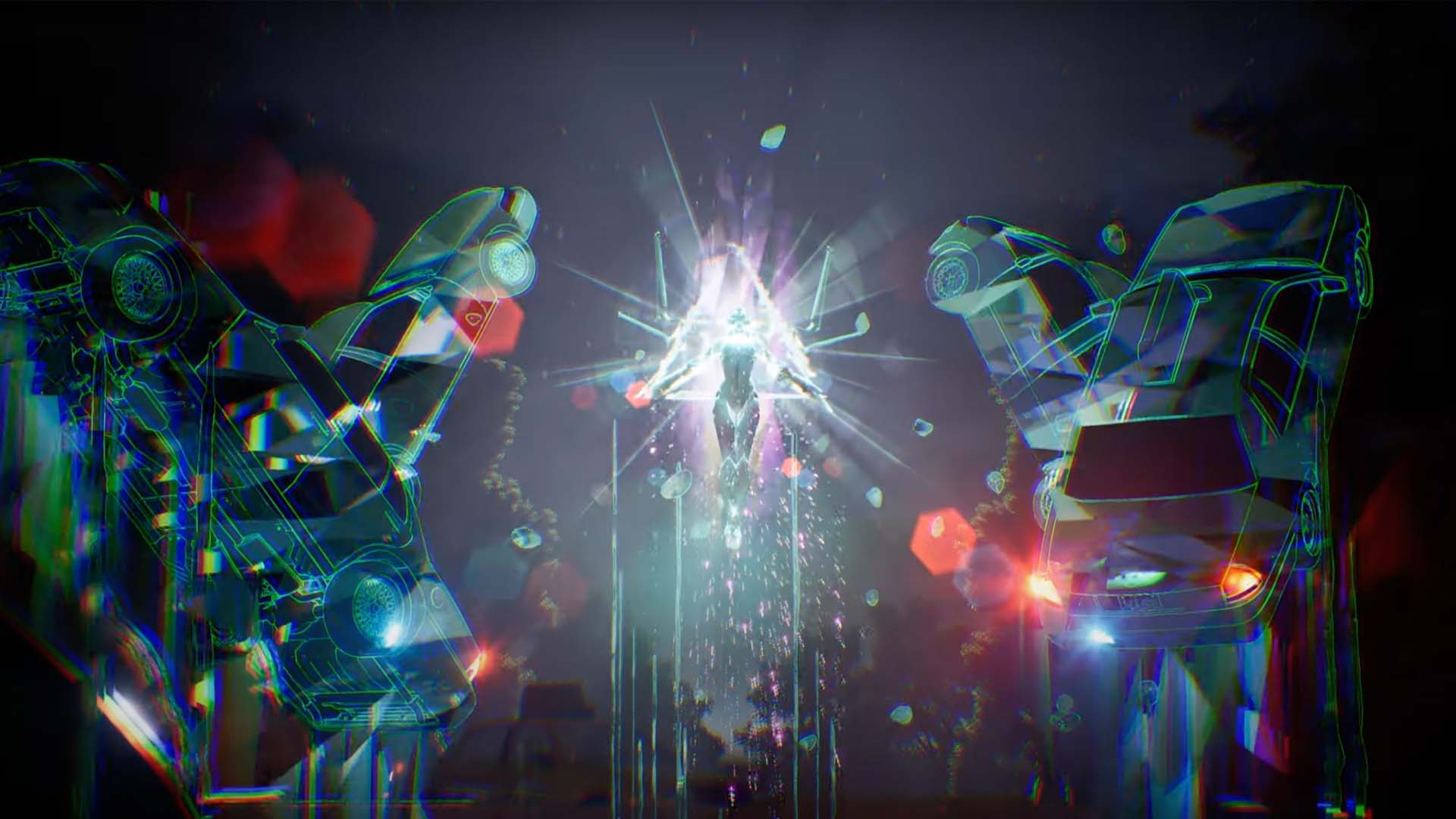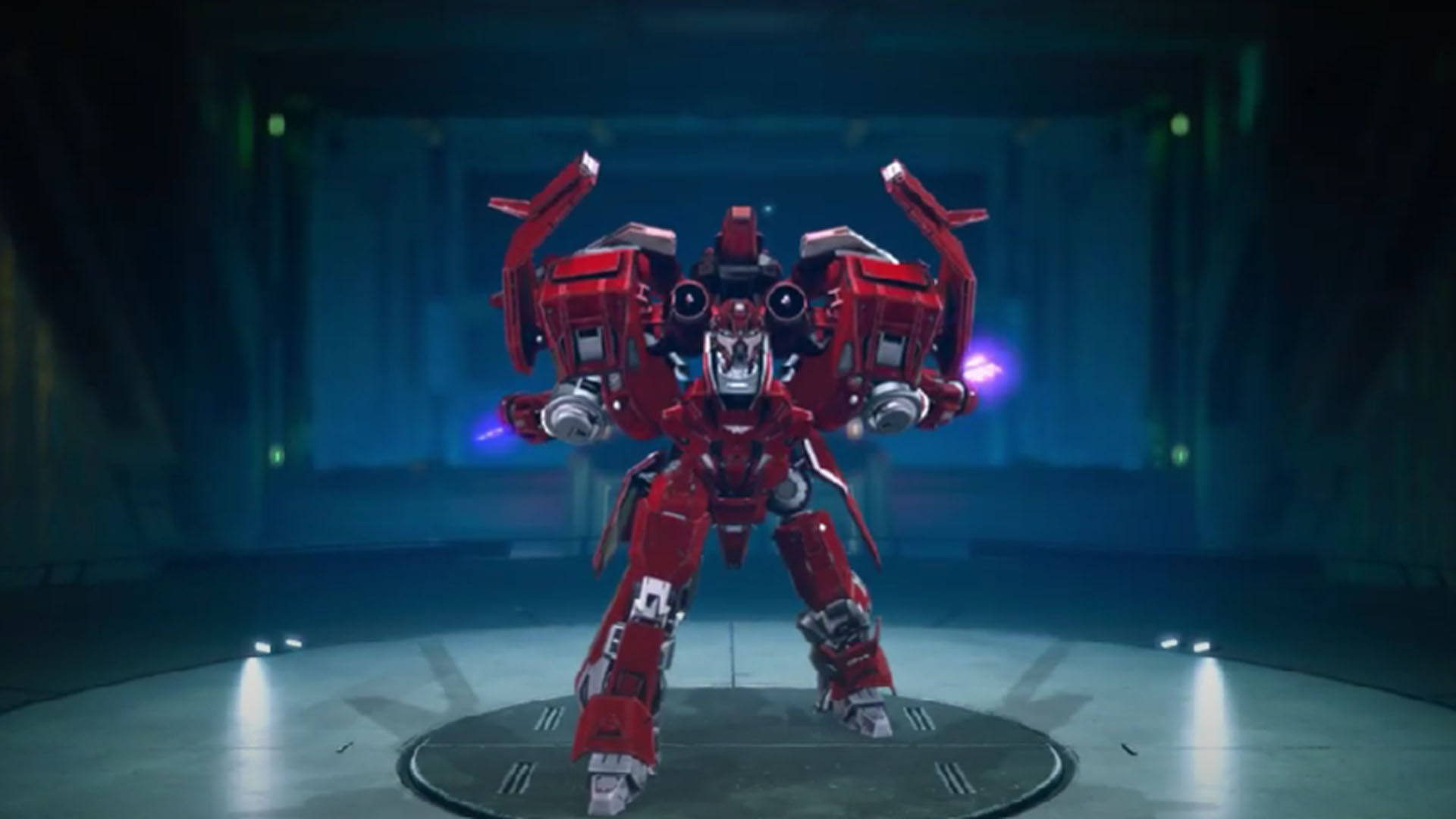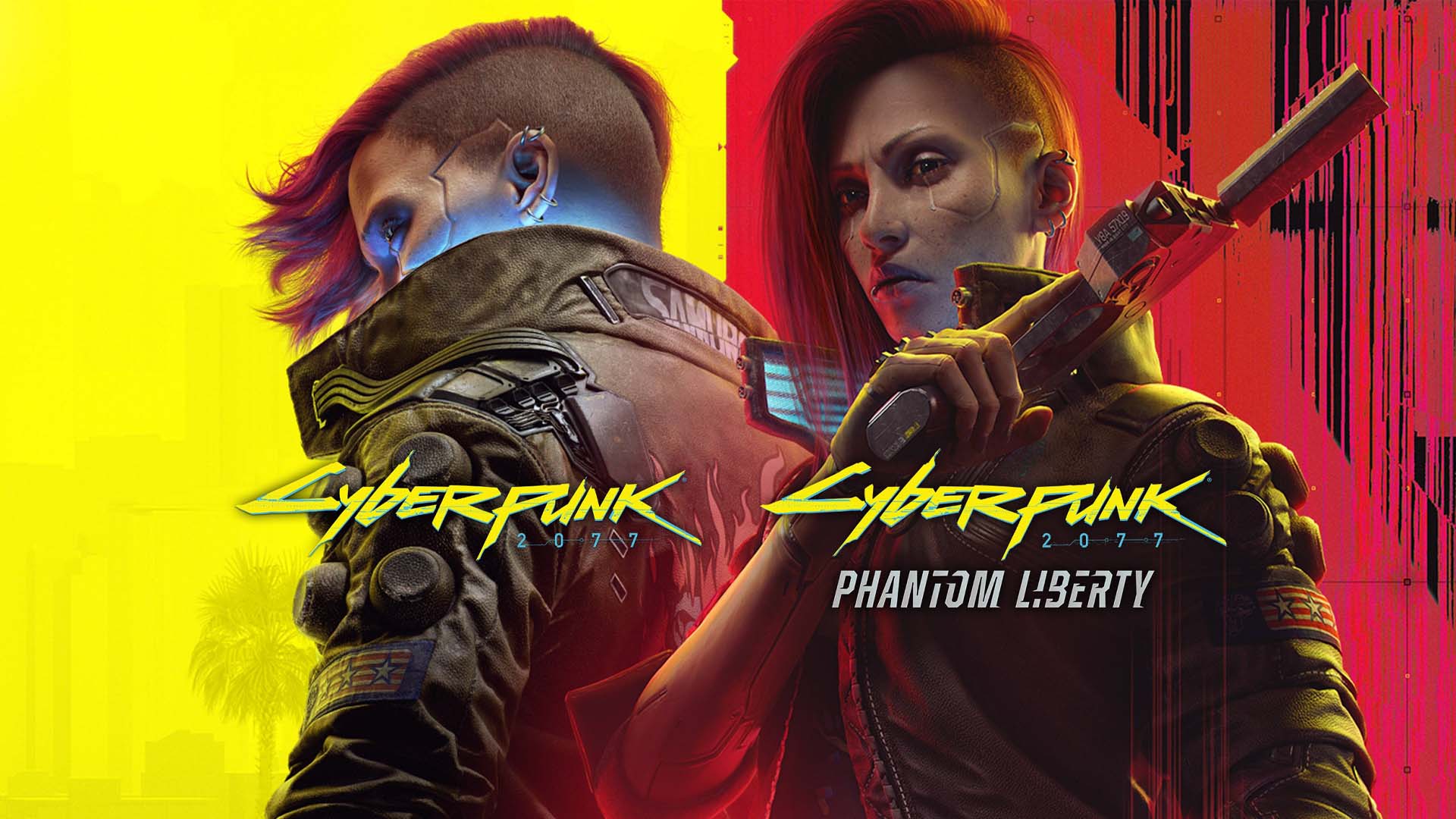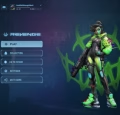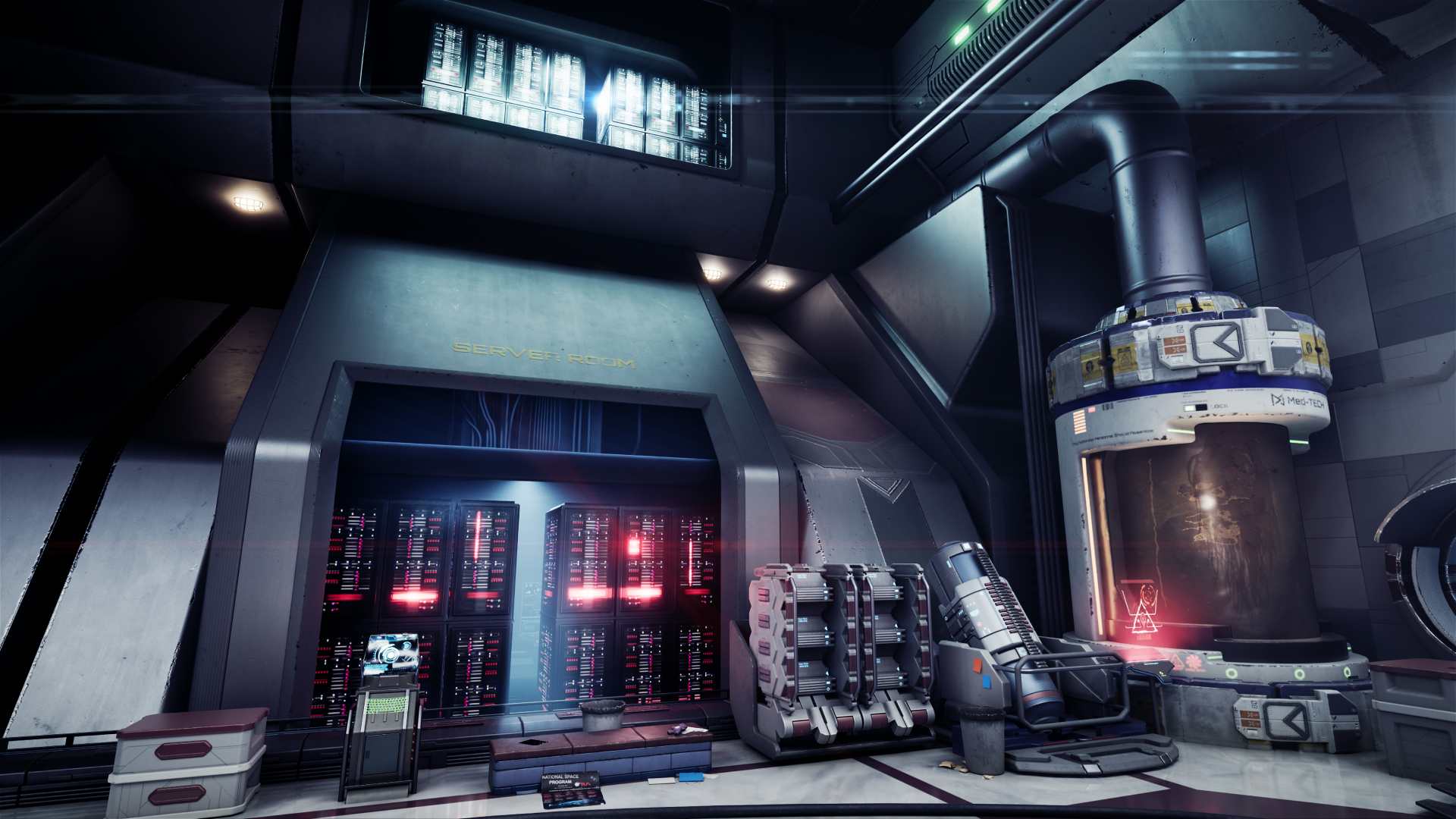For our newest entry in Magic Media’s Day in the Life series, we had the pleasure of speaking with Yuliya Korn, one of the Magic Media group’s talented Game Producers. As with many members of the Magic Media team, Yuliya’s work is varied and largely dependent on the project at hand. Speaking with Yuliya was a fantastic opportunity to learn more about the varied world of game production for all platforms, including mobile games.
What is Game Production?
A Game Producer helps oversee game development projects. Though exact responsibilities might vary depending on where a Game Producer is working, their duties often include liaising between stakeholders, contract negotiations, scheduling, budget management, and many other commitments. Game production provides a variety of tasks where one day is truly not like the last!
Day-to-Day Work in Game Production
For Yuliya, most days begin in the same way. We have people from all over the world in different timezones working as part of the Magic Media group, so Yuliya tends to begin the day by checking different channels, messages, and emails to catch up on any missed updates during downtime – a calm before the storm! In the afternoon, calls are scheduled with the internal team and client partners to perform check-ins and ensure everything is proceeding smoothly.
Yuliya says that one of the main day-to-day responsibilities as part of game production work is to ensure that the team can get their work completed unimpeded, whether that is ensuring individual schedules don’t clash or that bugs aren’t blocking progress. Further to this, part of the job is to make sure the work being completed is in line with the client’s expectations, meaning that there’s a critical need for communication pipelines to be in place.
Communication pipelines are essential to any game development project’s success. Yuliya says that these pipelines are typically established from the top down, with producers, leads, and directors first aligning so that risks can be assessed and milestones established before different departments, such as development, art, design, and more, have their communication pipelines established. Ultimately, communication needs to be consistent across the board so that everyone is on the same page at all times.
Game Production and Mobile Game Development
As far as mobile game development goes, Yuliya says that the broad strokes are much the same as they are for other platforms. The differences lay in the specific mobile game development phases and the intricacies of the mobile platform as a whole. Mobile game development is vastly different from developing for other platforms in key areas, such as UI, UX, and monetization. This means the organization of these mobile game development necessities needs to be accommodated. It’s the Game Producer’s role to ensure that leads remain consistently aware and vigilant of the unique considerations for mobile game development projects.
Further to this, mobile game development can be further complicated by iOS and Android operating systems. Because of these platforms’ distinct requirements, tasks and time need to be allocated for separate iOS and Android-friendly builds to support players using these platforms.
High-Quality Game Production
Yuliya says that Game Producers should be involved in all game development project discussions. So that Producers can do their job effectively, they need to have insight into every aspect of a project and be proactive about being involved in every area. Providing support and guidance to every member of the team working on a project is the name of the game, whether that is spotting workflow weaknesses and suggesting improvements, providing necessary information about tools, or ensuring team members follow through on assigned tasks.
Magic Media offers a range of expert services for gaming, entertainment, and tech projects, including full-cycle game development for all platforms including mobile, art production, game porting, and more. Contact Magic Media today, and let’s create magic!

